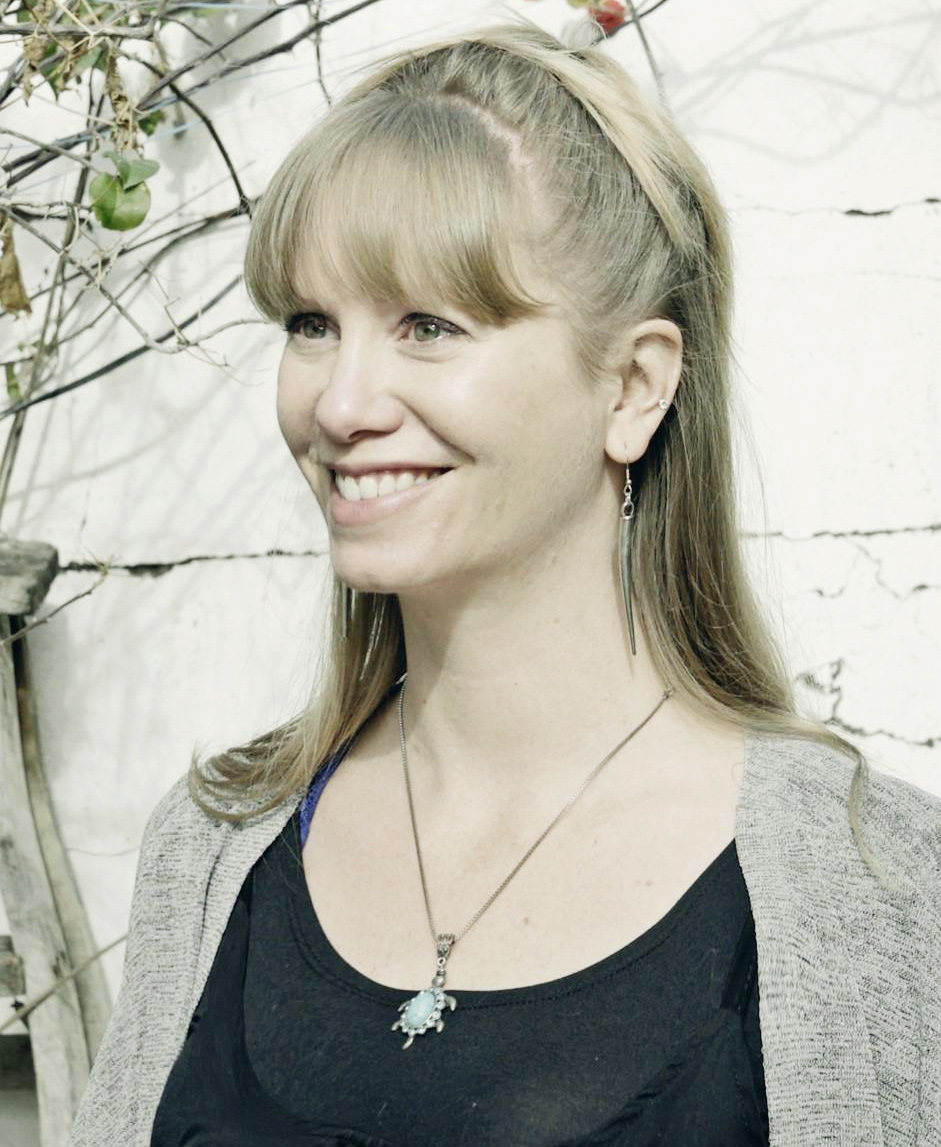
During Women in Translation Month, we want to highlight some of the excellent and often unsung work done by literary translators around the world to bring international stories to the US and other primarily English-speaking countries.
This week, we spoke to Megan McDowell. She has translated many of the most important Latin-American writers working today, including Samanta Schweblin, Alejandro Zambra, Mariana Enriquez, and Lina Meruane. Her translations have won the English PEN award and the Premio Valle-Inclán, and been nominated three times for the International Booker Prize. She is from Richmond, KY and lives in Santiago, Chile.
“This small debut novel packs a mighty, and lingering, punch… With virtuoso skill, well served in Megan McDowell’s finely textured translation, Schweblin fuses a study in maternal anxiety with an ecological horror story. She refracts both strands through the eerie prism of her narrative, almost as if Henry James had scripted a disaster movie about toxic agribusiness.”
The Economist
Please tell us a little bit about your path to becoming a literary translator.
First, I fell in love with translation as a reader. When I was reading books from other countries, I had this feeling I was getting a secret glimpse that didn’t correspond to me, [and] it felt almost transgressive. When I was studying for my English degree, I felt much more engaged when I could read books in translation than when I read “classics” or “great books.” I tended to look for writers and books that didn’t belong to the canon; I was a curious snob who wanted to find things no one else knew about.
Skip forward a few years: I decided I wanted to work in translation, and I figured I should learn another language. I’m a little weird that way—I wanted to translate when I was still monolingual. I’ve always felt a particular pull from Latin-American literature and music, so I decided to move to South America to learn Spanish. A mere ten years later, I was working as a literary translator. Nothing to it!
What is your process for translating a book?
1. Read the book.
2. Write a sort of “automatic” draft, not worrying too much about answering questions or getting every word right.
3. Put away the original and work on the English text. Spend a long time on this. Start to hate the book, but just a little.
4. Go back to the original and do a final, fine-toothed-comb read-through, making adjustments and corrections. Start to love the book again.
5. Turn the book in with the nervous feeling that it’s not at all ready and still needs way more work.
6. Work on the book with editors and proofreaders.
7. Celebrate when the book is published, read the reviews and collect adjectives and adverbs, if I’m lucky (“ably” [translated], “sparkling” [translation], “seamless,” “unobtrusive,” etc).
That’s it! Now start all over again.
What is something you wish more people understood about literary translation?
I wish people would stop thinking about reading in translation as something they SHOULD do, like it’s school or vegetarianism or calling your mom more often, and instead realize it’s actually fun and entertaining and rewarding. I mean, it WILL make you a better person, but that’s not why you do it…
What would your advice be for somebody wanting to get into a career in literary translation?
When translating, question everything you do, but trust yourself.
What is a favorite line from a book you’ve translated?
Multiple Choice, by Alejandro Zambra, is a book that’s based on the college entrance exam in Chile. It involves a lot of wordplay and was fun and challenging to translate. One of my favorite questions is this one, based on a line from the Bible:
44. If the ____ within you grows ____, how deep is your ____!
A) light dark darkness
B) confusion light flashlight
C) candor lustful schlong
D) love furious divorce
E) humor bitter book
Sorry if that’s a little risqué, but it always makes me laugh.
Are you an audiobook listener? If so, what are some of your favorite audiobooks?
I wasn’t an audiobook listener, but when you contacted me for this interview I thought Libro.fm sounded like such a good idea—buying through independent bookstores! It’s hard to find books in English here in Chile, and I get tired of screens, so I don’t read books that way. I thought listening would be a good compromise. So I joined, and my first book is The Vanishing Half (I’m a twin, so it had extra appeal). I’ve only just started, but I love it so far! I’m hoping I’ll watch less TV this way.
Check out The Crossed-Out Notebook by Nicolás Giacobone and The Dangers of Smoking in Bed by Mariana Enriquez, both translated by Megan McDowell!
Follow Megan McDowell on Instagram.
Stay tuned for more Translator Q&As during the month of August to celebrate Women in Translation month!
Header photo by Sebastián Escalona






